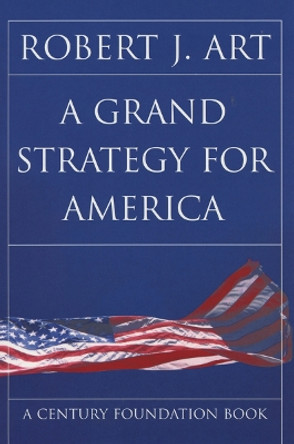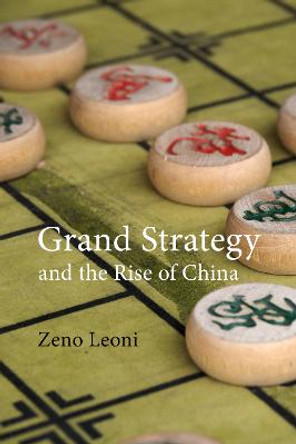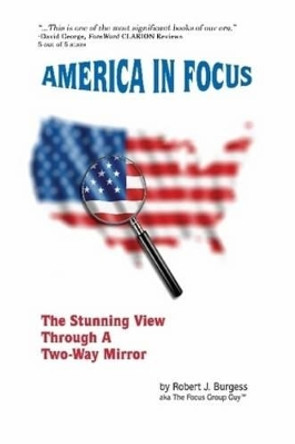Description
The United States today is the most powerful nation in the world, perhaps even stronger than Rome was during its heyday. It is likely to remain the world's preeminent power for at least several decades to come. What behavior is appropriate for such a powerful state?
To answer this question, Robert J. Art concentrates on "grand strategy"-the deployment of military power in both peace and war to support foreign policy goals. He first defines America's contemporary national interests and the specific threats they face, then identifies seven grand strategies that the United States might contemplate, examining each in relation to America's interests. The seven are:
* dominion-forcibly trying to remake the world in America's own image;
* global collective security-attempting to keep the peace everywhere;
* regional collective security-confining peacekeeping efforts to Europe;
* cooperative security-seeking to reduce the occurrence of war by limiting other states' offensive capabilities;
* isolationism-withdrawing from all military involvement beyond U.S. borders;
* containment-holding the line against aggressor states; and
* selective engagement-choosing to prevent or to become involved only in those conflicts that pose a threat to the country's long-term interests.
Art makes a strong case for selective engagement as the most desirable strategy for contemporary America. It is the one that seeks to forestall dangers, not simply react to them; that is politically viable, at home and abroad; and that protects all U.S. interests, both essential and desirable. Art concludes that "selective engagement is not a strategy for all times, but it is the best grand strategy for these times."
About the Author
Robert J. Art is Christian A. Herter Professor of International Relations at Brandeis University. He is the author of The TFX Decision: McNamara and the Military and coeditor of The United States and Coercive Diplomacy (with Patrick Cronin) and U.S. Foreign Policy: the Search for a New Role (with Seyom Brown).
Reviews
A brilliant distillation and synthesis of some of the best contemporary scholarship on American grand strategy, Art's new book offers a clear exposition of U.S. national interests and how to defend them.
* Foreign Affairs *"Art believes the U.S. should maintain its military deployments in Europe, East Asia, and the Persian Gulf, and wage war when vital or highly important interests are threatened and occasionally to head off a Rwanda-style genocide, but deplores the unilateralismism and 'arrogance,' and feels the U.S. should pay attention to world opinion, help combat global warming, and eschew missile defense."-Publishers Weekly, 15 July 2003
"Art sees six major national interests for the US in the world: preventing an attack on the homeland, preventing major Eurasian arms races and wars, preserving access to foreign oil, preserving an open economic system, promoting democracy and human rights, and protecting the environment, with special attention to global warming... Art's preference for a grand strategy of selective engagement with the world is generally well argued.... Highly recommended. All levels."-Choice
Art, a senior and seasoned scholar, deploys his craft masterfully. In A Grand Strategy for America he presents a clearheaded, classical, national-interest analysis that starts with a ranking of America's basic interests.... Art then dissects eight grand strategies to promote American interests against these threats.... Art's analysis is a sober reminder to European and American multilateralists that the use of force remains essential for managing world peace beyond the Atlantic region.
-- Henry R. Nau * Perspectives on Politics *For this American-led international system to continue to be effective, some version of Art's military strategy is an essential component. No clever political or economic scheme, for example, the 'democratic peace' or 'globalization', can compensate for it. Art has given us a first-rate and very useful book.
-- William E. Odom * Political Science Quarterly *This is a truly excellent book, destined to become a classic in the genre. Political leaders would benefit greatly reading it. It should be essential reading for anyone interested in international relations and U.S. foreign policy.
* Political Studies Review *Awards
Winner of Finalist, Arthur Ross Book Award (Council on Forei.
Book Information
ISBN 9780801441394
Author Robert J. Art
Format Hardback
Page Count 344
Imprint Cornell University Press
Publisher Cornell University Press
Weight(grams) 907g
Dimensions(mm) 235mm * 155mm * 27mm








